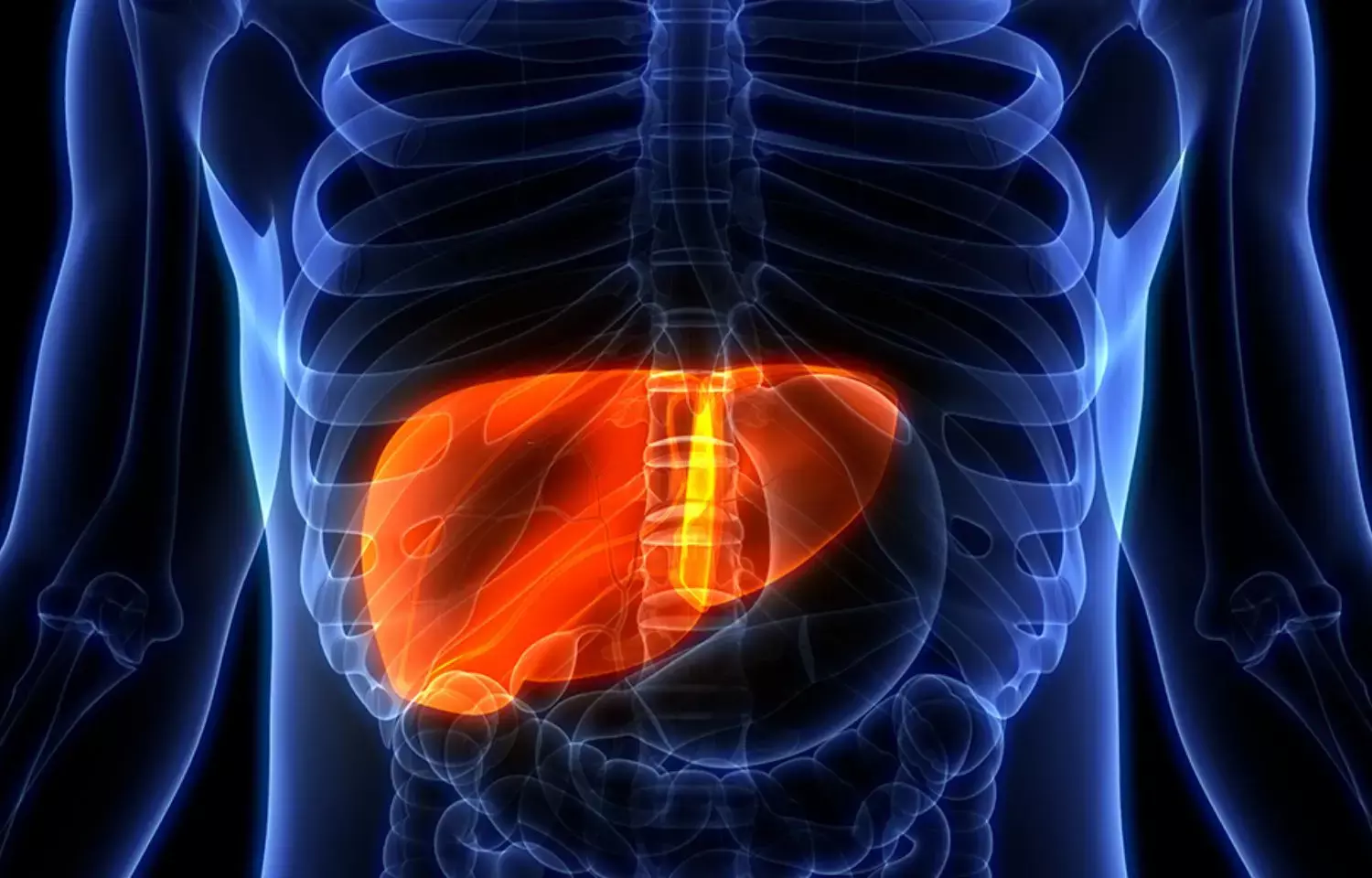- Home
- Medical news & Guidelines
- Anesthesiology
- Cardiology and CTVS
- Critical Care
- Dentistry
- Dermatology
- Diabetes and Endocrinology
- ENT
- Gastroenterology
- Medicine
- Nephrology
- Neurology
- Obstretics-Gynaecology
- Oncology
- Ophthalmology
- Orthopaedics
- Pediatrics-Neonatology
- Psychiatry
- Pulmonology
- Radiology
- Surgery
- Urology
- Laboratory Medicine
- Diet
- Nursing
- Paramedical
- Physiotherapy
- Health news
- Fact Check
- Bone Health Fact Check
- Brain Health Fact Check
- Cancer Related Fact Check
- Child Care Fact Check
- Dental and oral health fact check
- Diabetes and metabolic health fact check
- Diet and Nutrition Fact Check
- Eye and ENT Care Fact Check
- Fitness fact check
- Gut health fact check
- Heart health fact check
- Kidney health fact check
- Medical education fact check
- Men's health fact check
- Respiratory fact check
- Skin and hair care fact check
- Vaccine and Immunization fact check
- Women's health fact check
- AYUSH
- State News
- Andaman and Nicobar Islands
- Andhra Pradesh
- Arunachal Pradesh
- Assam
- Bihar
- Chandigarh
- Chattisgarh
- Dadra and Nagar Haveli
- Daman and Diu
- Delhi
- Goa
- Gujarat
- Haryana
- Himachal Pradesh
- Jammu & Kashmir
- Jharkhand
- Karnataka
- Kerala
- Ladakh
- Lakshadweep
- Madhya Pradesh
- Maharashtra
- Manipur
- Meghalaya
- Mizoram
- Nagaland
- Odisha
- Puducherry
- Punjab
- Rajasthan
- Sikkim
- Tamil Nadu
- Telangana
- Tripura
- Uttar Pradesh
- Uttrakhand
- West Bengal
- Medical Education
- Industry
COVID-19: Chronic liver disease patients at high risk of liver failure and bile duct damage

Within the context of a cross-sectional study, a research team led by Lukas Hartl, Thomas Reiberger and Michael Trauner from the Division of Gastroenterology and Hepatology within the Department of Medicine III of MedUni Vienna and University Hospital Vienna analysed the liver chemistries of 496 hospitalised patients with Covid-19. 65 of these patients had pre-existing liver disease, such as fatty liver disease, cirrhosis or hepatocellular carcinoma. The focus of the study was to accurately describe the trajectory of liver chemistires in these patients following infection.
It was found that an increase in transaminases at the start of Covid-19 was frequent. These enzymes, AST (aspartate aminotransferase) and ALT (alanine aminotransferase), are considered to be markers of liver cell damage. Later on, these values normalised: a phenomenon that has already been described in previous studies.
In contrast, the parameters for biliary congestion (cholestasis), alkaline phosphatase (AP) and GGT (gamma glutamyl transferase) rose progressively in many patients during the course of the infection without subsequent regression. 23.1% of these patients even suffered cholestatic liver failure, i.e. liver failure associated with biliary stasis.
The researchers used imaging (MRCP) and endoscopic (ERCP) techniques to show that irreversible alterations had also occurred in the patients' the bile ducts, so-called secondary sclerosing cholangitis (SSC). This disease also occurs after other states of critical illness, such as oxygen deprivation or severe infection.
The course tends to be progressive and may lead to liver transplantation and even death. 15% of chronic liver disease patients with severe Covid-19 developed SSC. Many of these patients had pre-existing conditions such as fatty liver disease, diabetes, obesity or hypertension, and in some cases required months of intensive care due to Covid-19.
In summary, the study found that Covid-19 often leads to a progressive increase in cholestasis parameters, cholestatic liver failure, and even SSC in 15% of patients. Lukas Hartl explained: "Using data from our comparison group of ICU patients who did not have Covid-19, we were able to show that SSC was significantly more prevalent in Covid-19 patients. The non-Covid patients were also seriously ill in ICU and were often intubated for long periods of time. Despite this, few of those not affected by Covid-19 went on to develop SSC."
The causes are not yet clear, but there is evidence that SARS-CoV-2 itself may damage the liver and bile ducts. Thomas Reiberger said: "It is useful, in any case, to closely monitor liver function values in ICU patients during or following Covid-19. Therapeutically, endoscopy (ERCP) of the bile ducts can be used to dilate constrictions and remove other obstructions to drainage, if necessary.
Prompt administration of appropriate drugs and preventing oxygen deprivation as part of intensive care play a critical role." Currently, there is no effective drug treatment for sclerosing cholangitis, but according to Michael Trauner, the Division is focused on developing new therapeutic approaches.
Lukas Hartl said that further studies were planned to look at the long-term course of cholestasis parameters in long-covid patients and the liver-related late sequelae of Covid-19 in patients without pre-existing liver disease. This is because there is already evidence that Covid-19 is associated with elevated liver enzymes in this group of patients as well.
Read the full article at:
Dr Kamal Kant Kohli-MBBS, DTCD- a chest specialist with more than 30 years of practice and a flair for writing clinical articles, Dr Kamal Kant Kohli joined Medical Dialogues as a Chief Editor of Medical News. Besides writing articles, as an editor, he proofreads and verifies all the medical content published on Medical Dialogues including those coming from journals, studies,medical conferences,guidelines etc. Email: drkohli@medicaldialogues.in. Contact no. 011-43720751


